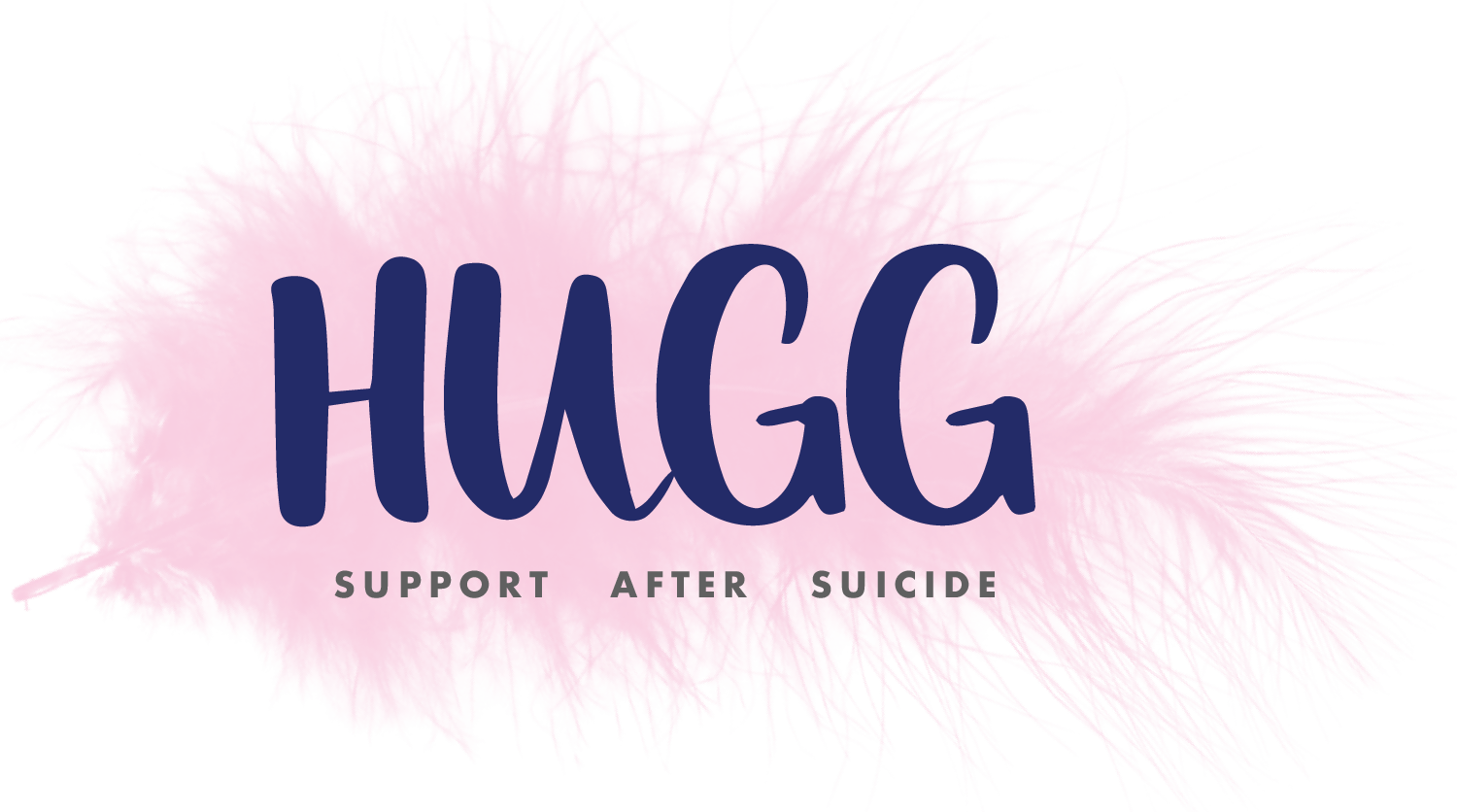What is disenfranchised grief?
Disenfranchised grief is a natural emotional reaction following a loss that is not openly accepted by society.
Sadly, for many people, their relationships with the person who has died is perhaps not recognised as ‘’worthy’’ of their grief. This may happen if you were not directly related to the person who has died or if you were not in the person’s life before they died. For example, an ex-partner or former friend. For some people who have lost loved ones by suicide, opportunities to speak about their loss are limited, due to societal stigma or unease to talk about loss after suicide. For the bereaved person, this leaves them with a sense of disenfranchised grief.
Why is disenfranchised grief so challenging?
How often have you heard someone say ‘’He/she was only my friend’’ or ‘I only worked with them, I’m not related’’. Or, he/was my ex-wife/husband or former partner? Perhaps you recognise this in yourself?
What we do know is that ALL grief is valid. What sets disenfranchised grief apart is that it does not bring out sympathy or empathy in others. This sends the bereaved person a message that it is not acceptable to feel or express their pain and emotions.
Ken Doka’s definition of disenfranchised grief
According to Ken Doka, the American Grief and Loss expert who defined this grief in 1989 “Disenfranchised grief refers to a loss that’s not openly acknowledged, socially mourned or publicly supported”.
He stated that there are five categories of this type of grief. These are when:
- The loss isn’t seen as important by others.
- The type of loss isn’t acknowledged or is stigmatized.
- Some people are not seen as entitled to grieve.
- The circumstances of the death are denied.
- The way grief is expressed is judged by others.
It is normal and expected to grieve after any loss, but not all losses are viewed equally by those around us. Not feeling welcome or comfortable to outwardly mourn or express the emotions that come with a loss can be isolating and can prolong and complicate the grieving process.
SUICIDE BEREAVEMENT
For some people who have been bereaved by suicide, they feel a sense that their grief is deemed less worthy of sympathy. This may be real or imagined. Because suicide is a self-inflicted death some people may imagine that the person’s death will be viewed as less worthy of empathy and, worse still the person who died is less worthy of grief. This may in turn prevent people from seeking support.
Disenfranchised grief puts a person’s feelings in conflict with what others deem to be a real loss or one worth grieving. For those experiencing disenfranchised grief, the intensity of the feelings around their loss can be prolonged, as they are left unable to outwardly mourn.
SUICIDE GRIEF
So, what can you do if you feel this type of grief? Speak with family and friends and tell them what you need. People may make mistakes in the words they use to support you and may feel awkward supporting you as they don’t feel ‘’equipped’. But, they will be grateful if you can tell them what you need and what you find helpful. You might consider exploring additional resources on navigating suicide grief to better understand your emotions and find the support you need.
SUICIDE LOSS SUPPORT GROUPS
You can also join a suicide bereavement support group where feelings are shared and validated. This can be hugely beneficial and provide a great sense of relief. If you’d like to learn more about what a HUGG suicide bereavement support group involves you can find additional details on the page.
SUICIDE LOSS SUPPORT THERAPY
You can speak with a qualified grief therapist to help you talk about your feelings and sort through intense emotions.
Whatever you choose to do, choose to connect and don’t isolate yourself.
Your grief is valid and you are worthy of support.





